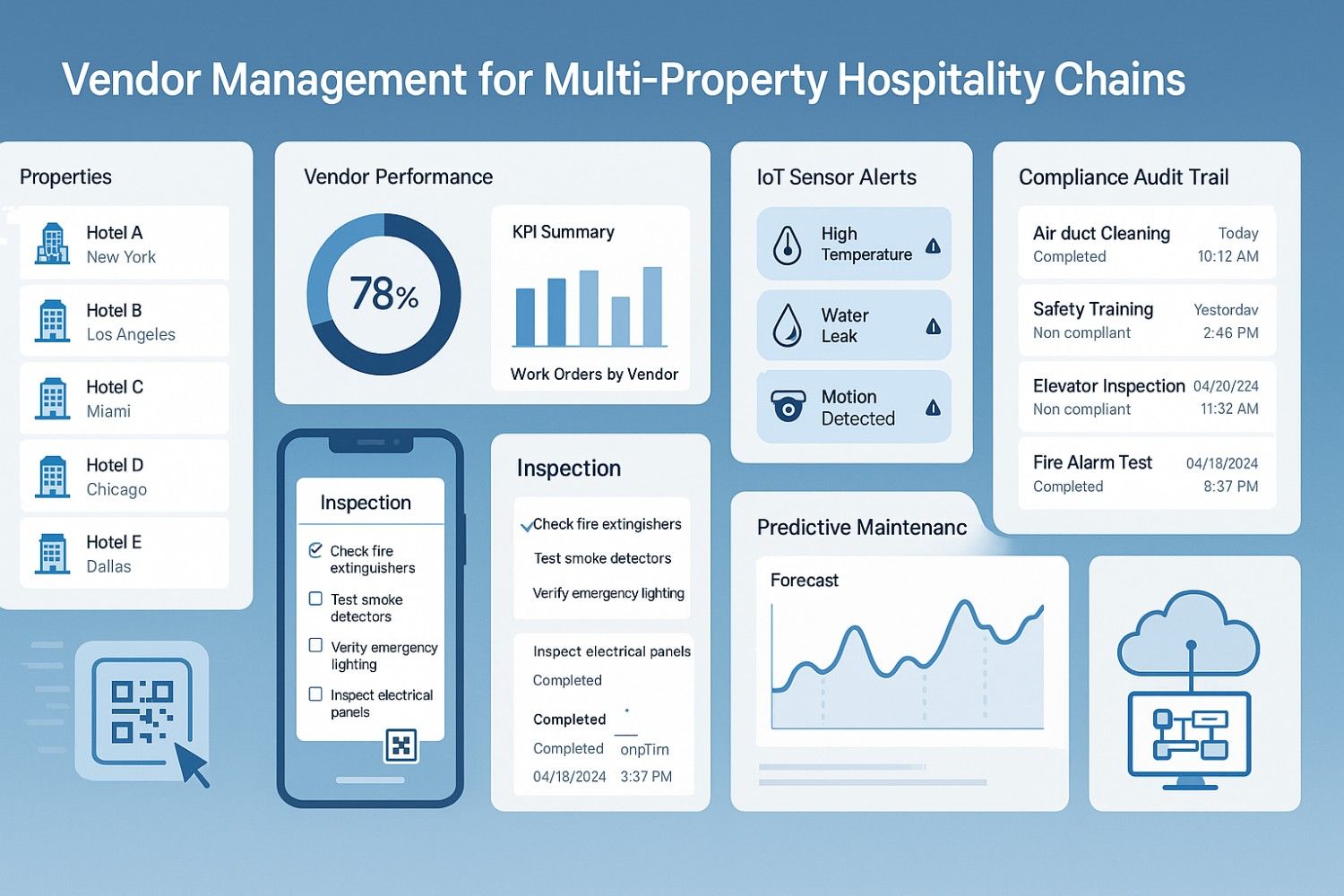Maintenance mechanics play a critical role in ensuring the smooth operation of machinery and equipment across a variety of industries. From manufacturing plants to commercial buildings and beyond, these skilled professionals help maintain systems in optimal condition, minimizing downtime and extending the lifespan of vital assets. This article provides an in-depth look at the responsibilities, skills, tools, and impact of maintenance mechanics, shedding light on their indispensable role in modern industry.
Role and Responsibilities
Maintenance mechanics are responsible for the upkeep, repair, and continuous operation of machinery and equipment. Their key responsibilities include:
- Routine Maintenance: Performing regular checks and maintenance tasks to ensure equipment operates efficiently.
- Diagnostic Testing: Using specialized tools and equipment to diagnose problems and determine necessary repairs.
- Repair Work: Fixing broken or malfunctioning machinery to prevent disruptions in production or facility operations.
- Upgrades and Installations: Installing new equipment and making modifications to existing machinery to enhance functionality.
- Record Keeping: Maintaining accurate records of maintenance work, including repairs, replacements, and service timelines.
- Compliance: Ensuring all maintenance work complies with industry standards and safety regulations.
- Emergency Response: Acting quickly to address urgent repairs during equipment breakdowns to minimize operational downtime.
Skills and Qualifications
Maintenance mechanics typically possess a combination of formal education and hands-on training. Essential qualifications and skills include:
- Technical Training: Most mechanics have completed a vocational training program in mechanical maintenance, machinery mechanics, or a similar field.
- Problem-solving Skills: Ability to quickly identify issues and think critically to solve complex mechanical problems.
- Mechanical and Technical Knowledge: Extensive knowledge of different types of machinery and the tools required for their maintenance.
- Attention to Detail: Precision is crucial in maintenance work to ensure all aspects of machinery function correctly after service.
- Physical Stamina and Strength: The role often requires considerable physical effort, including lifting heavy items, climbing, and bending.
- Communication Skills: Effective communication is essential for coordinating with team members and documenting maintenance procedures.
Expert Maintenance and Repairs
Keep your equipment in top shape with our reliable maintenance services.
Daily Activities
The typical day for a maintenance mechanic might involve:
- Conducting Inspections: Checking machinery for signs of wear, lubricating parts, and identifying potential issues.
- Performing Repairs: Dismantling malfunctioning machines and repairing or replacing defective parts.
- Testing Equipment: Running systems to ensure they are operating correctly after maintenance.
- Updating Inventory: Managing stock levels of spare parts and supplies needed for maintenance and repair.
- Collaborating with Other Departments: Working with production teams to schedule repairs and minimize impact on operations.
Challenges Faced by Maintenance Mechanics
- High-Pressure Situations: Working under pressure to fix equipment quickly and reduce downtime.
- Keeping up with Technology: Continuously learning about new technological advancements in machinery and tools.
- Safety Risks: Dealing with potentially hazardous materials or situations while ensuring personal and workplace safety.
- Irregular Hours: Often required to be on call or work outside of typical business hours to address emergency repairs.
Impact on Organizational Efficiency
The effectiveness of maintenance mechanics directly impacts an organization’s productivity and operational costs. Well-maintained machines run more efficiently, use less energy, have a longer operational lifespan, and are less likely to cause accidents, contributing to a safer work environment. Therefore, the work of maintenance mechanics is crucial for achieving cost-effective operations and maintaining high safety standards.
Conclusion
Maintenance mechanics are vital to the industrial sector, providing essential services that help keep operations running smoothly. Their expertise not only prevents potential failures and accidents but also ensures that all equipment meets the necessary performance standards. As industries continue to evolve, the role of maintenance mechanics will remain crucial, adapting to new challenges and technologies to maintain their integral position in the workforce.











